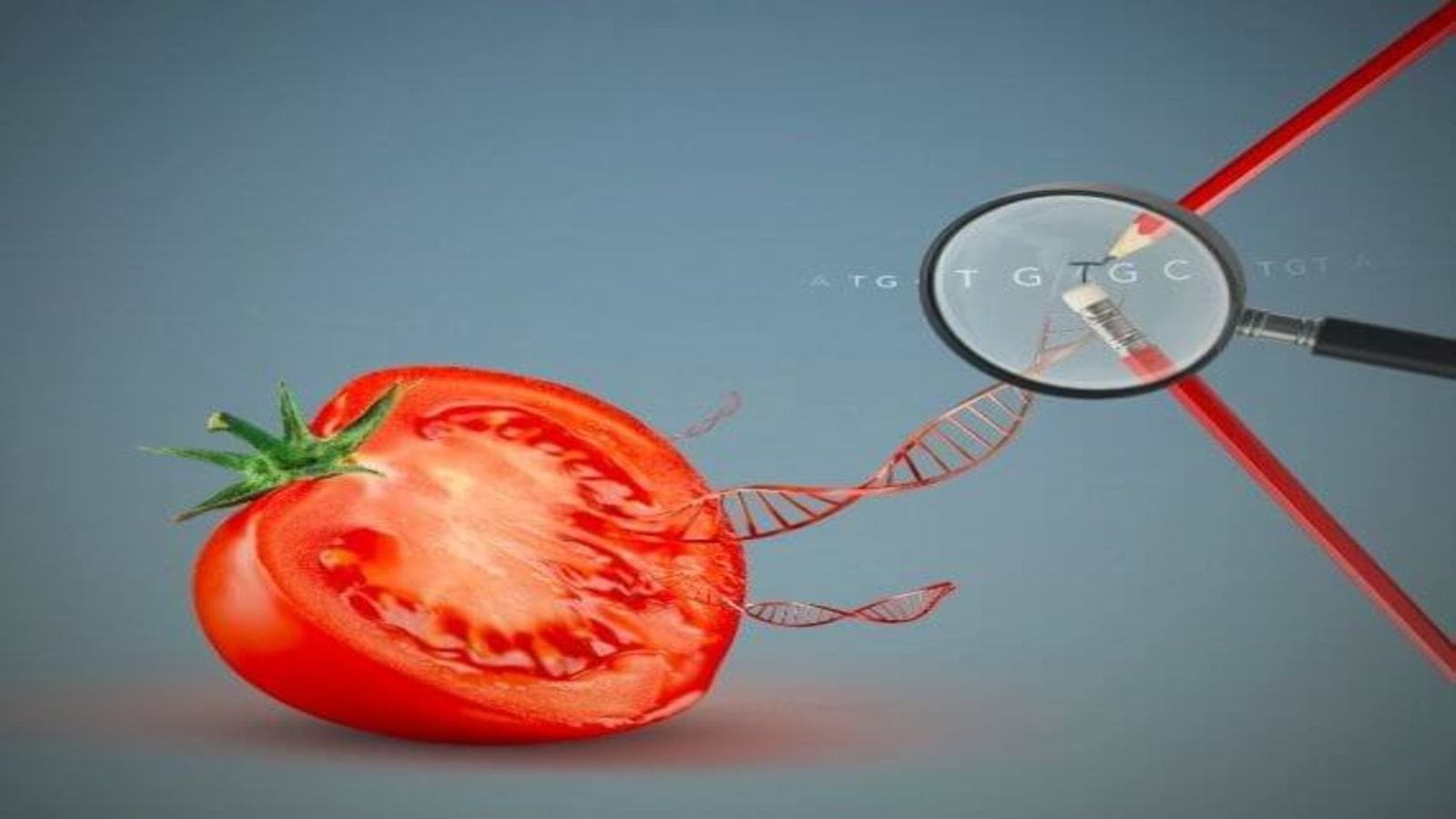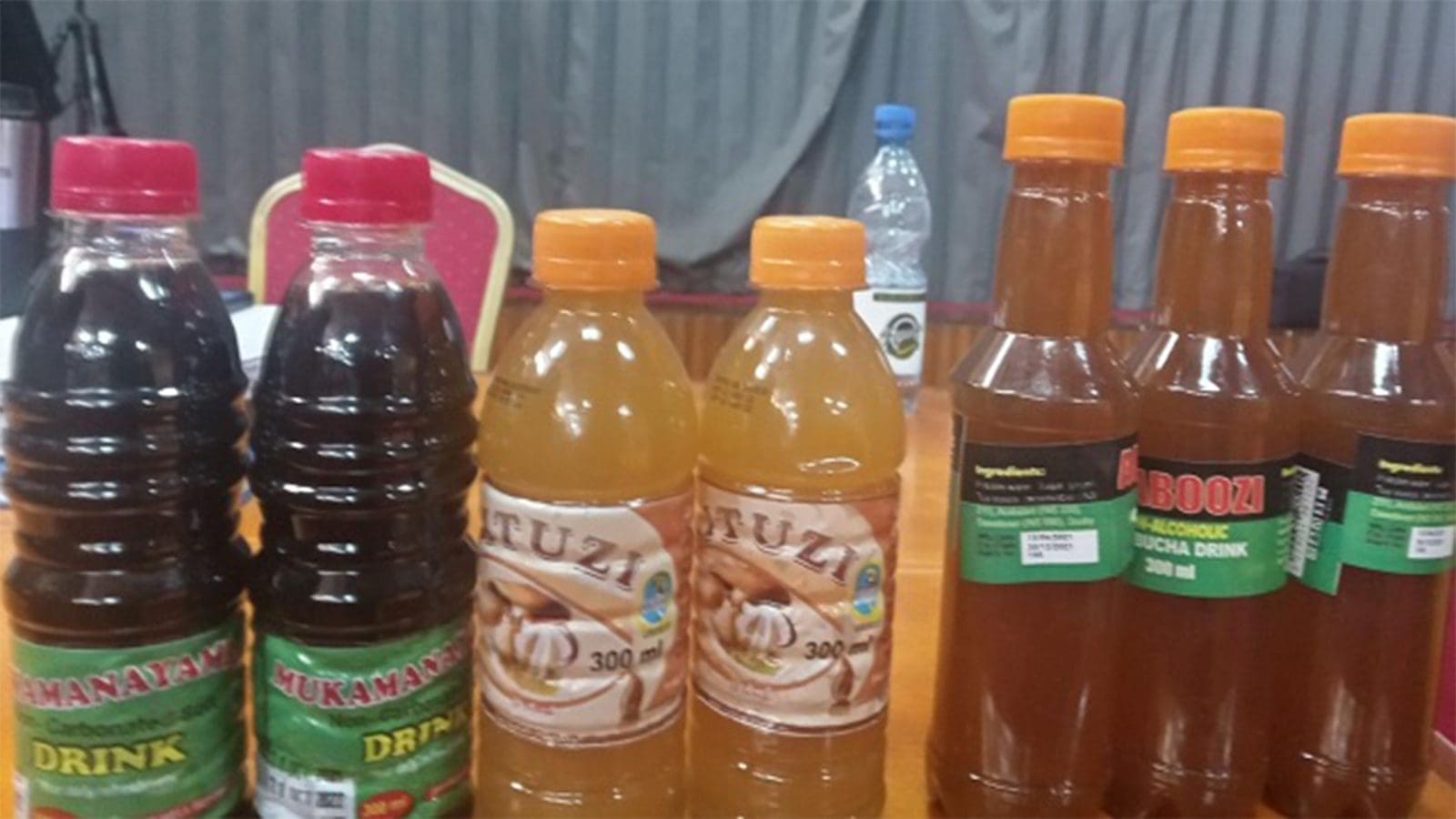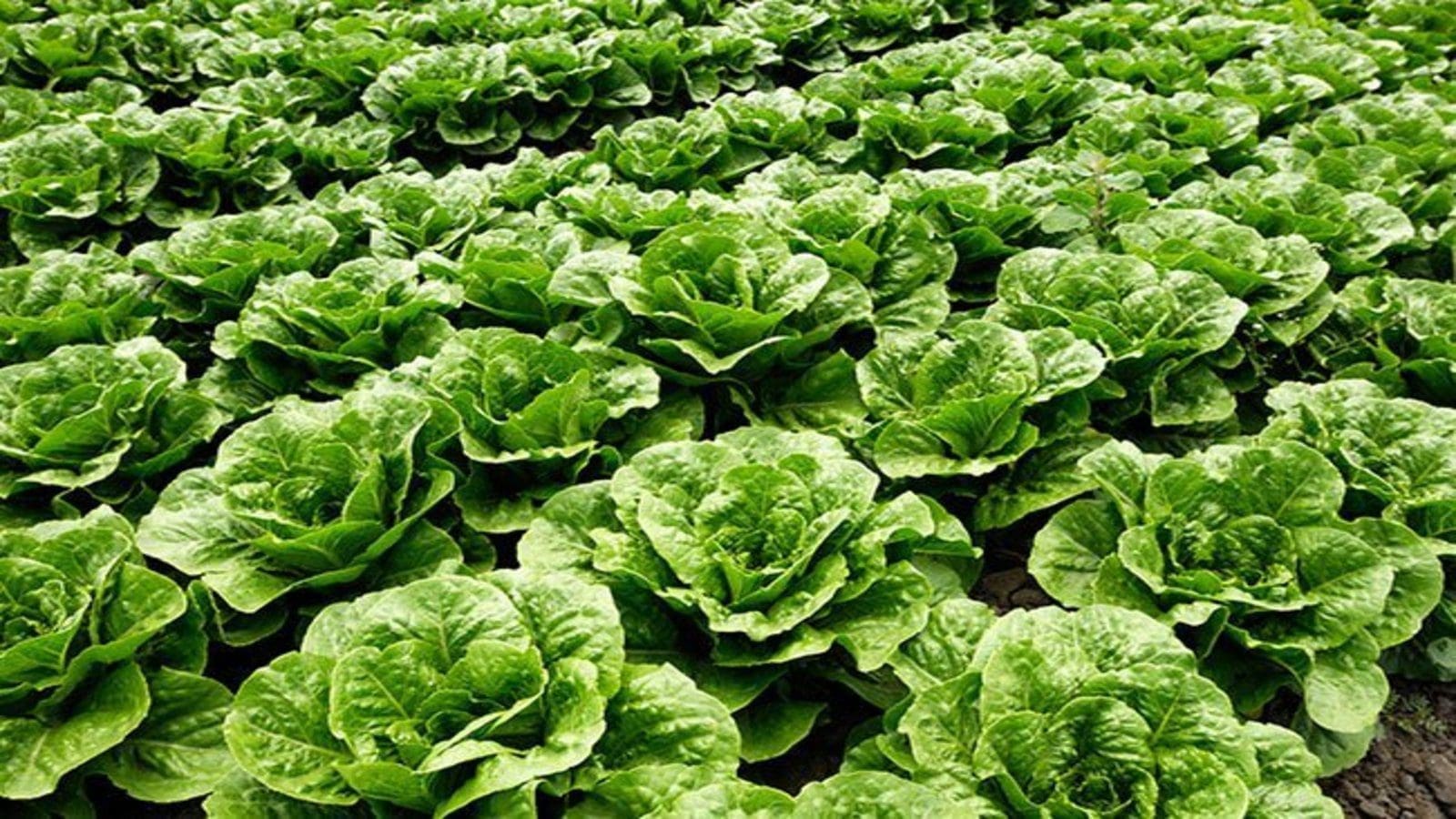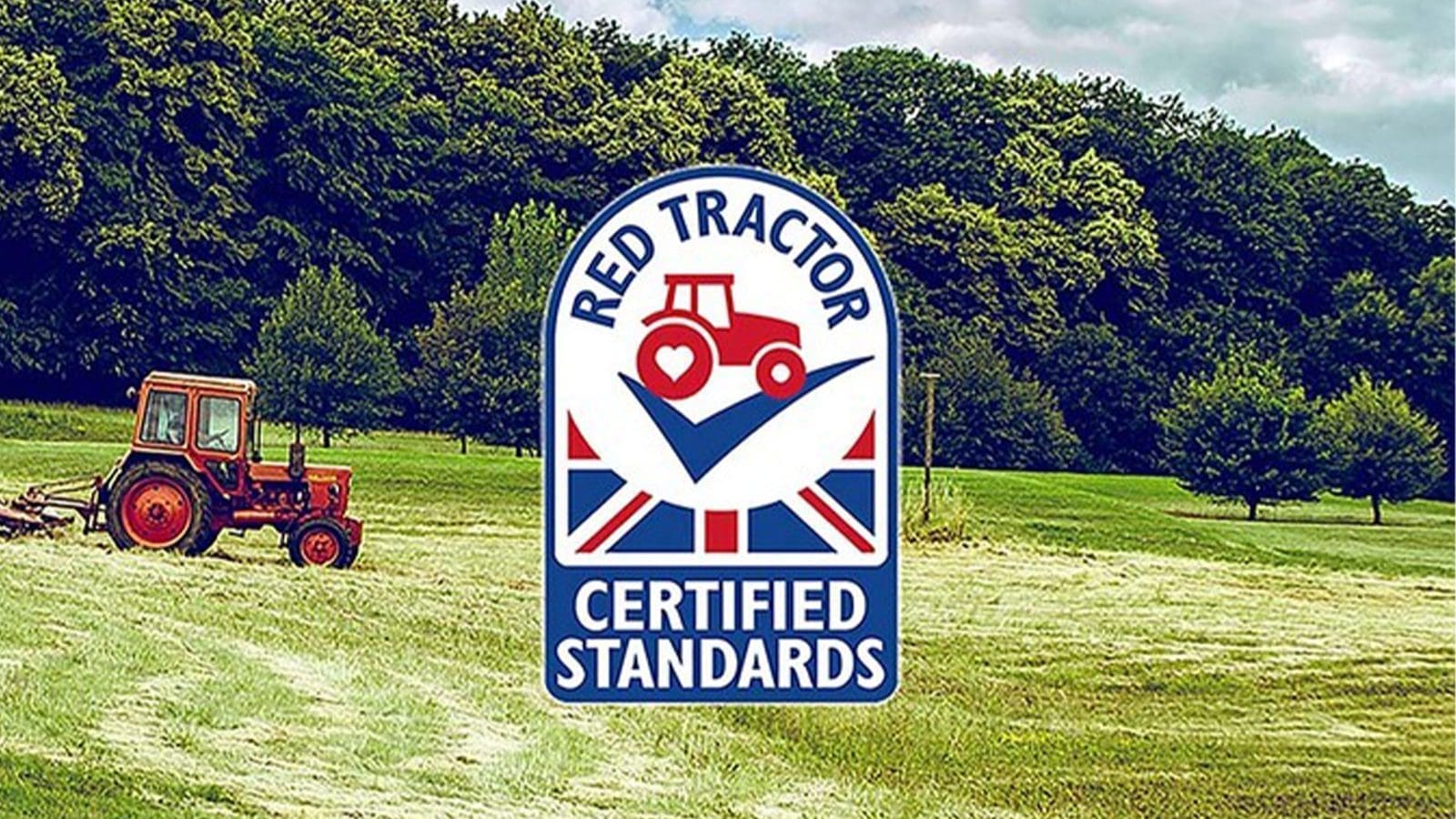KENYA – The director of the East Africa Hub of the International Institute for Tropical Agriculture (IITA), has warned that subjecting Kenya’s gene-edited crops to the same regulations as those developed through genetic modification could needlessly slow their release to farmers and consumers.
Gene editing is a group of technologies that gives scientists the ability to make permanent and heritable changes at specific sites in the genome of an organism. Genome editing can be used to add, remove or alter DNA in the genome. It is cheaper, simpler and more accurate than other plant breeding methods.
The IITA director, Leena Tripathi said edited crops with no foreign gene added should not be treated like genetically modified (GM) products because the changes made with gene editing could happen naturally and through traditional crop improvement methods.
She said gene editing mimics conventional methods of plant breeding, which use the traditional technologies of mutation and are not subject to rigorous regulations.
GM regulations include requirements for confined and multilocational field trials that could take up to a decade to complete, Tripathi explained, resulting in delays that have no basis in science.
“And if there is no foreign gene integration, it’s just precise targeted mutation, and those products should not be regulated as GMOs. Because the regulation of GMOs takes a long time, that means the products remain away from the consumers and the people who need them.”
Tripathi was speaking at a media briefing organized by the Africa Science Media Center on gene editing research in Kenya, where a number of research projects are currently ongoing. They include banana gene-edited to resist deadly plant diseases and pests.
Tripathi told the media that scientists are using gene editing to produce improved varieties with resistance to the banana streak virus and banana xanthomonas that are no different in taste or nutrition from the conventional ones.
“Nature has been editing the genome for a very long time. Genome editing in crop improvement is not something new. It has been happening since cultivation started. The only difference is that using these genome editing tools, it’s more precise and efficient compared to the older techniques.”
Some of the potentially promising benefits of gene editing include yield improvement and resistance to bacteria, virus and fungi — traits that farmers desire — as well as consumer-oriented nutritional enhancements.
“Gene editing is a powerful tool for crop improvement. Scientists use gene editing technology targeting a plant’s natural DNA to make precise changes that could otherwise happen through traditional methods but would take much longer. There is no trace of foreign DNA in the final gene-edited products.”
Global regulatory models
Gene-edited crops are already entering the global market, including non-browning mushrooms and high oleic soybean oil that is a source of healthy monosaturated fat. The United States Department of Agriculture and Colombian regulators have approved gene-edited blight-resistant rice and Japan approved its first gene-edited crop, a tomato rich in gamma aminobutyric acid to fight high blood pressure. None of these crops were regulated like GMOs. Argentina, meanwhile, is also conducting gene editing research on non-browning potato and higher quality alfalfa.
Tripathi pointed out that with the increasing demand for food and limiting resources, Africa needs broad ranging support to make agriculture better and one option is gene editing.
Argentina was the first country to develop regulations for gene editing, taking a case-by-case approach. Crops without any foreign gene introduction are not regulated as GMOs – the example Tripathi wants Kenya to follow.
Daniel Otunge of the Africa Science Media Center observed that with the continent’s increasing population and demand for food, African countries are looking for ways to boost production.
“Gene editing is proving to be a viable option because it’s producing new improved crops and other products to boost food production.”
Liked this article? Subscribe to Food Safety Africa News, our regular email newsletters with the latest news insights from Africa and the World’s food safety, quality and compliance. SUBSCRIBE HERE








